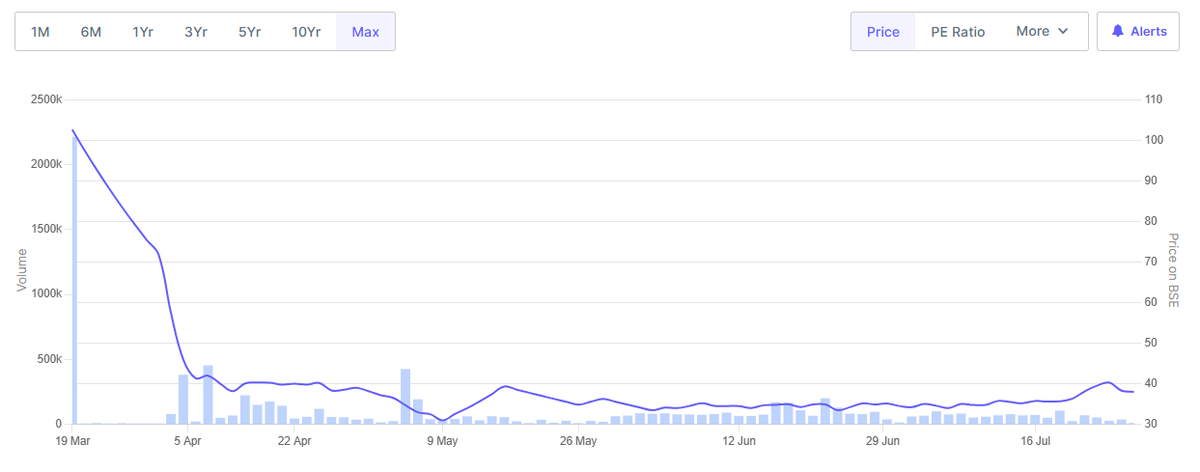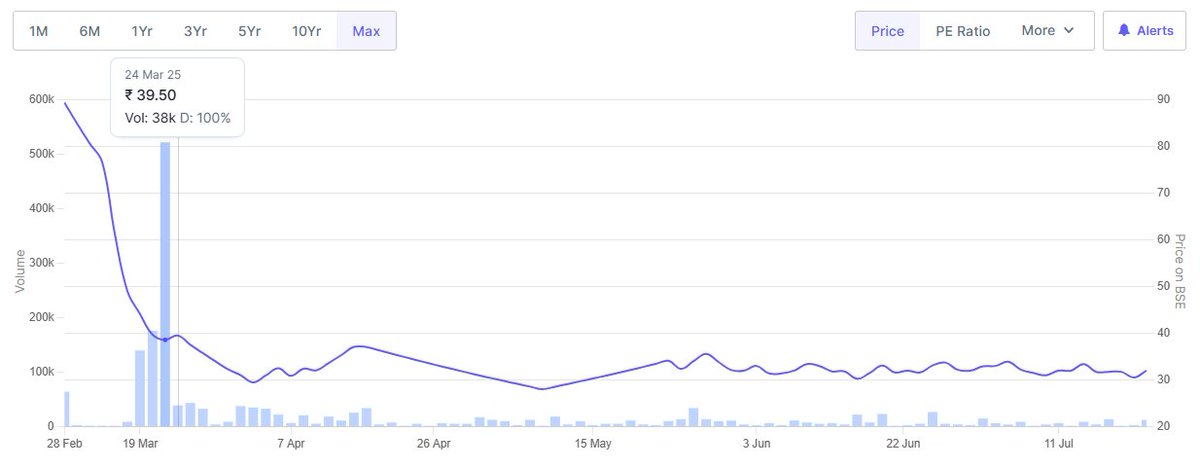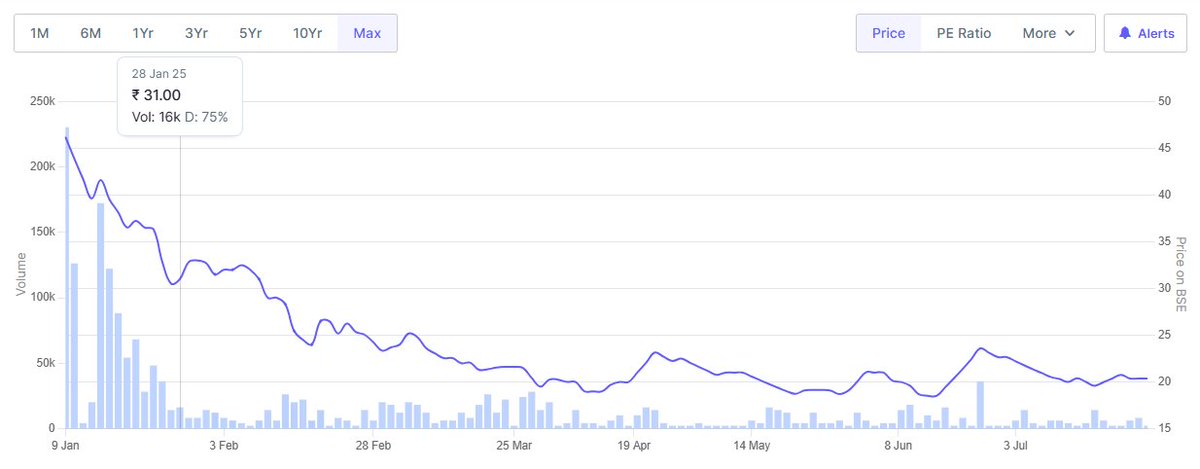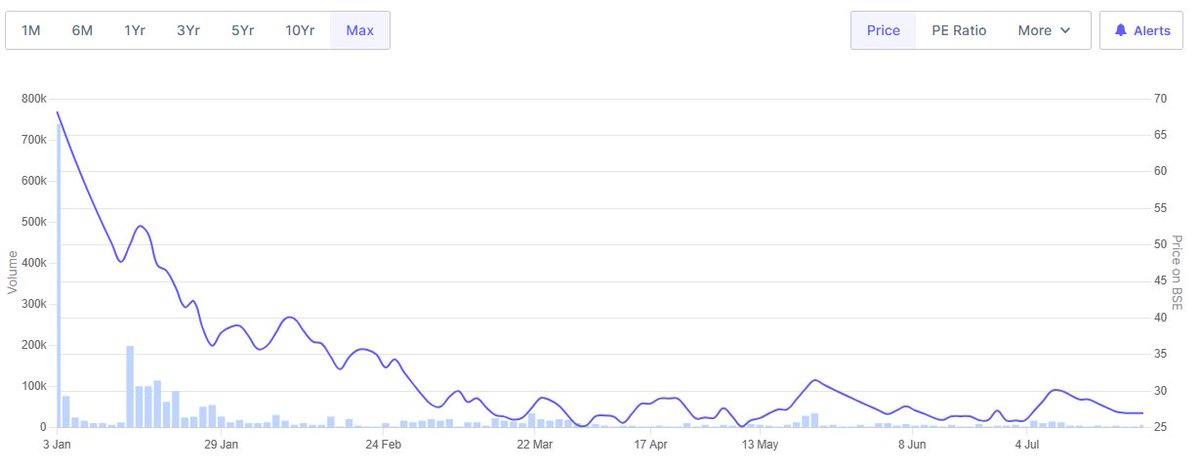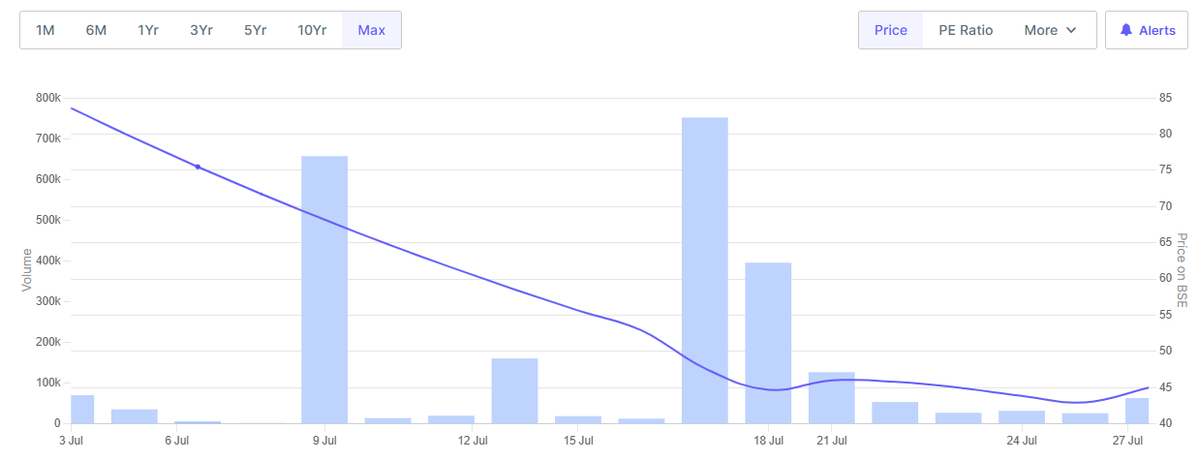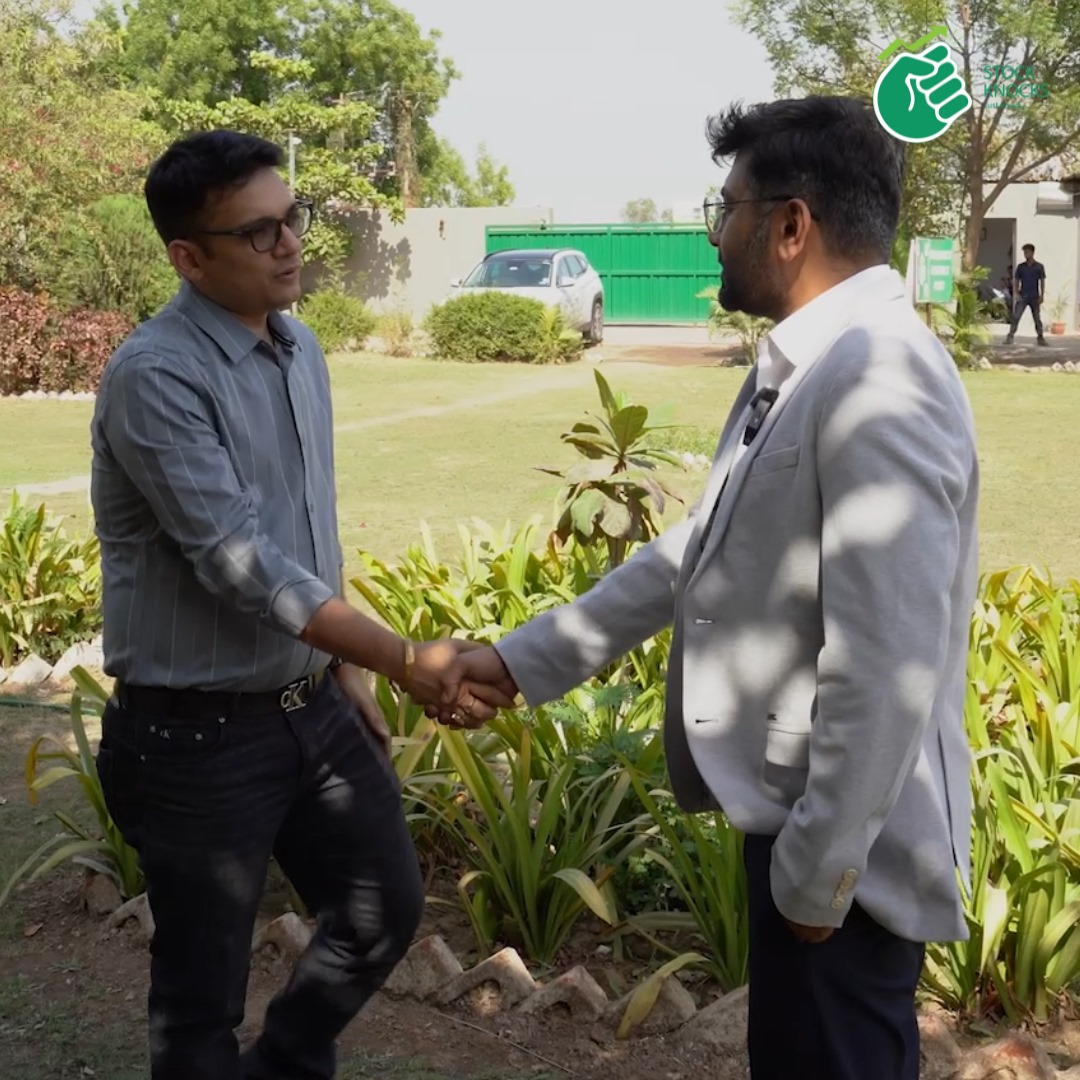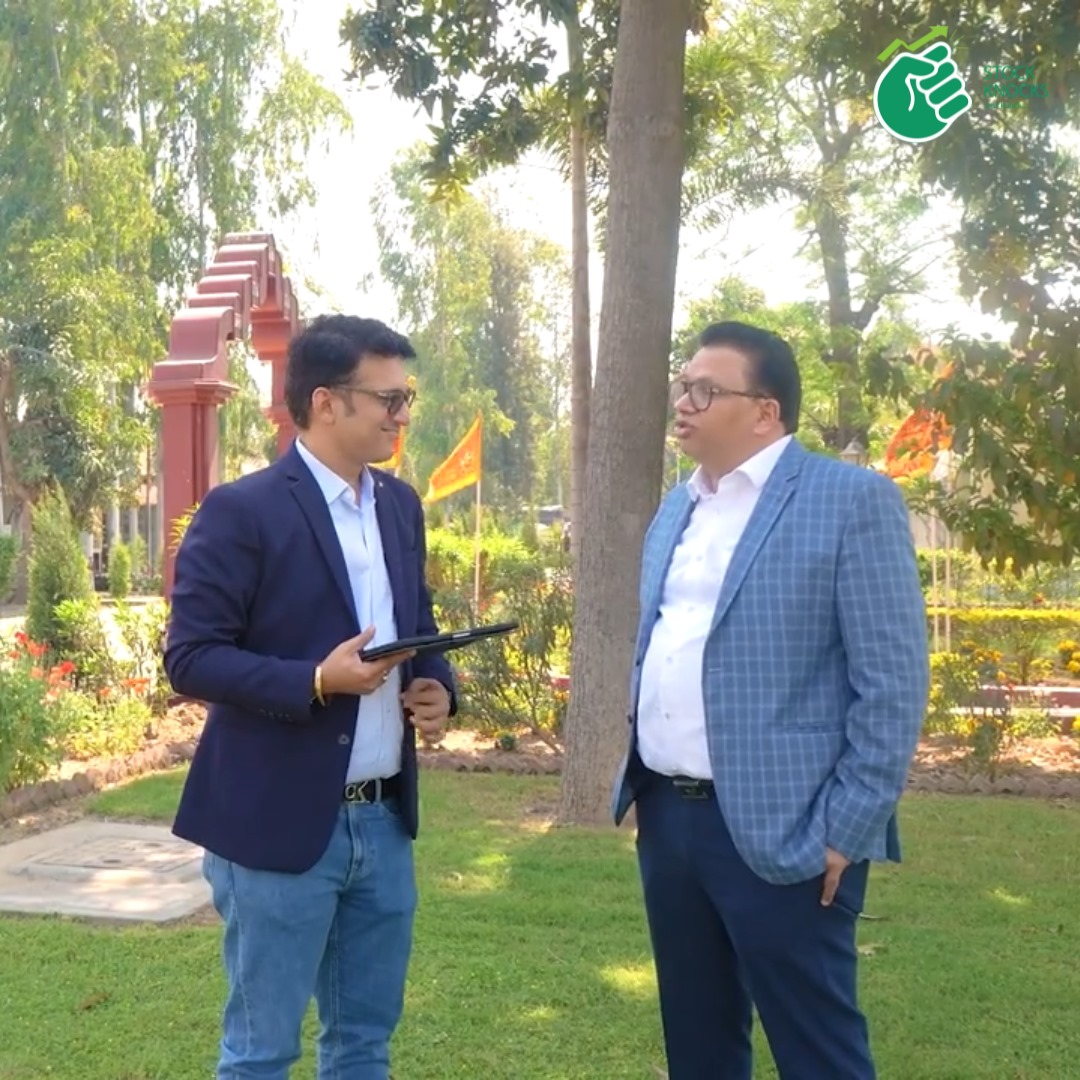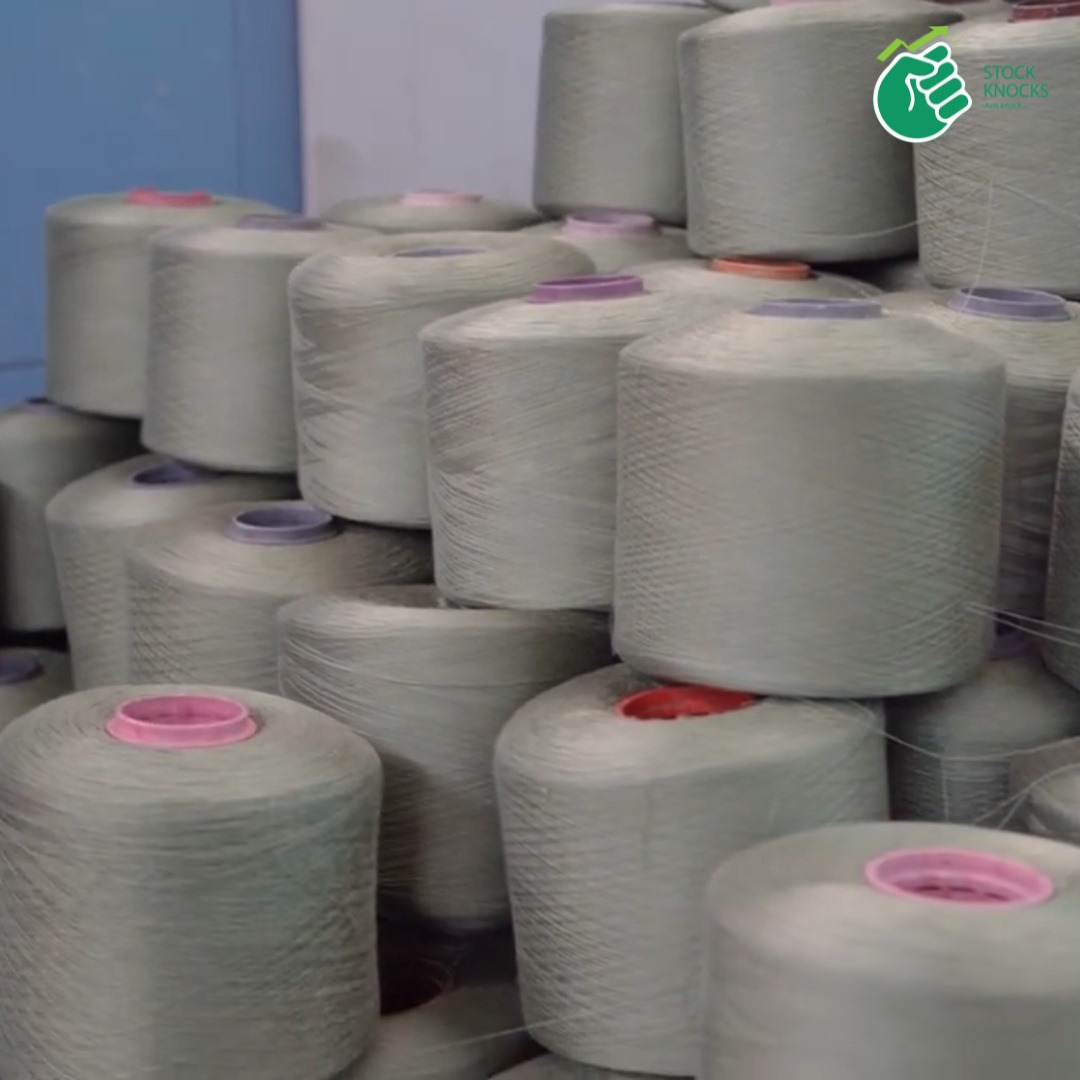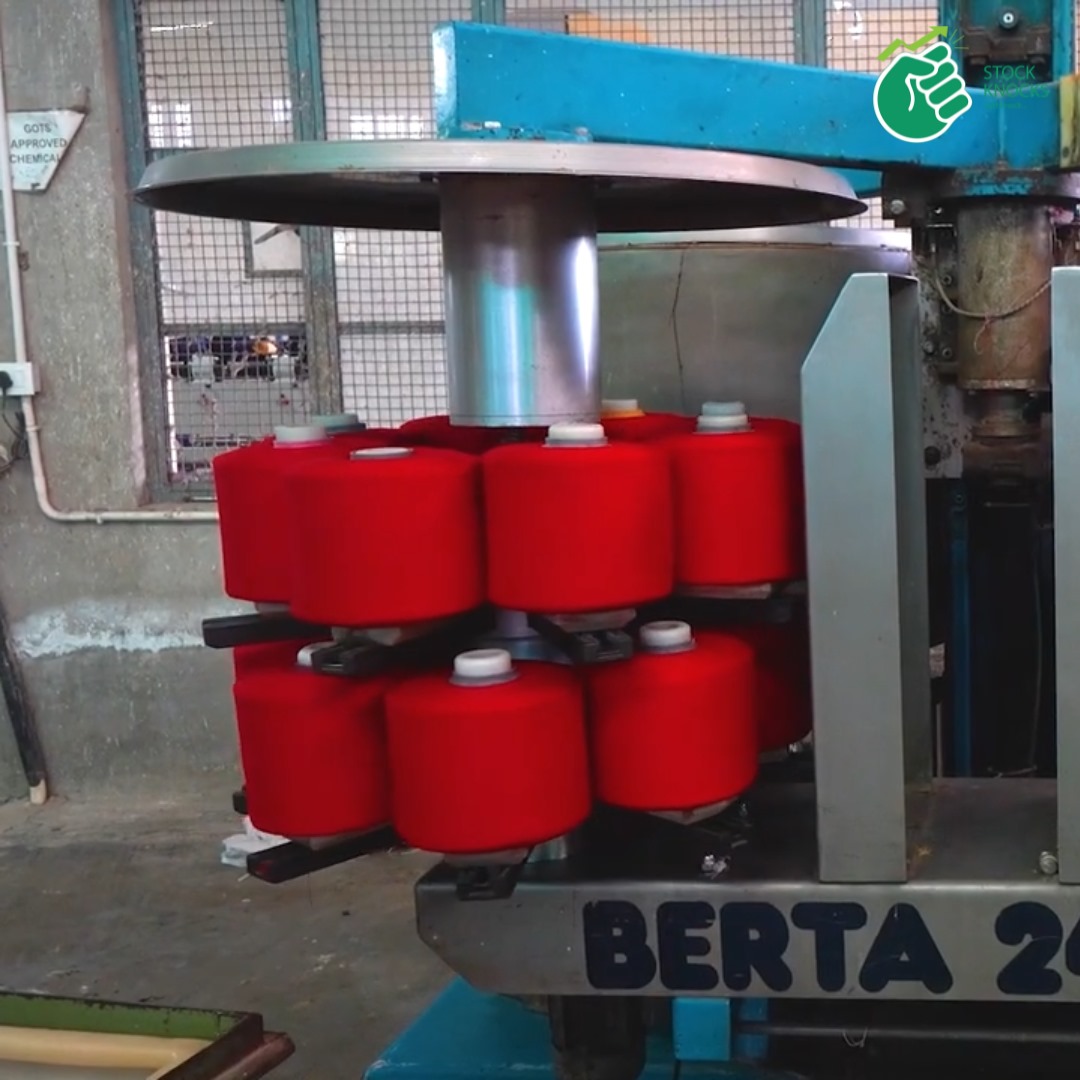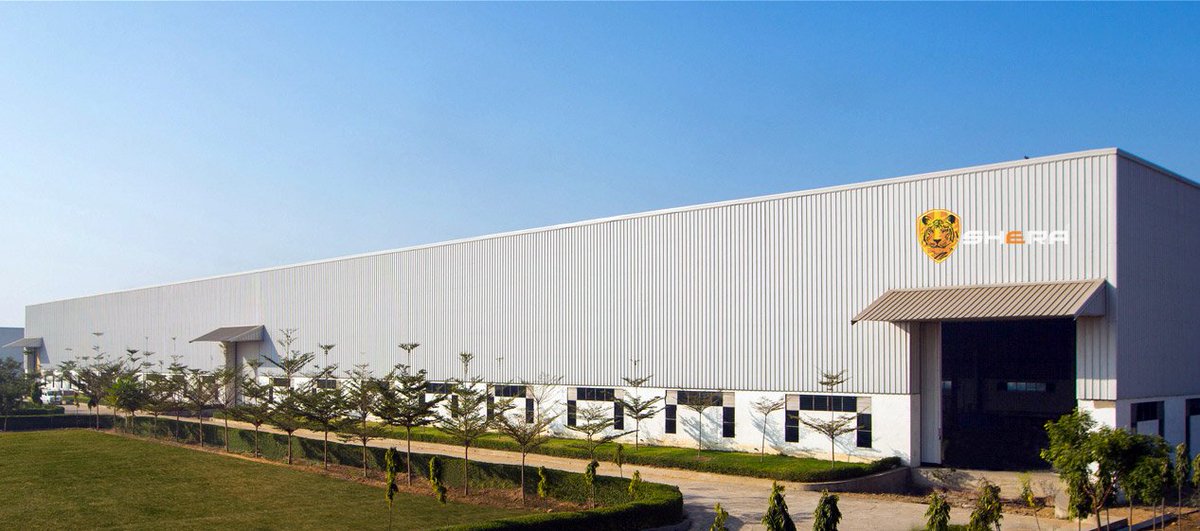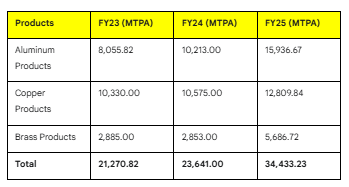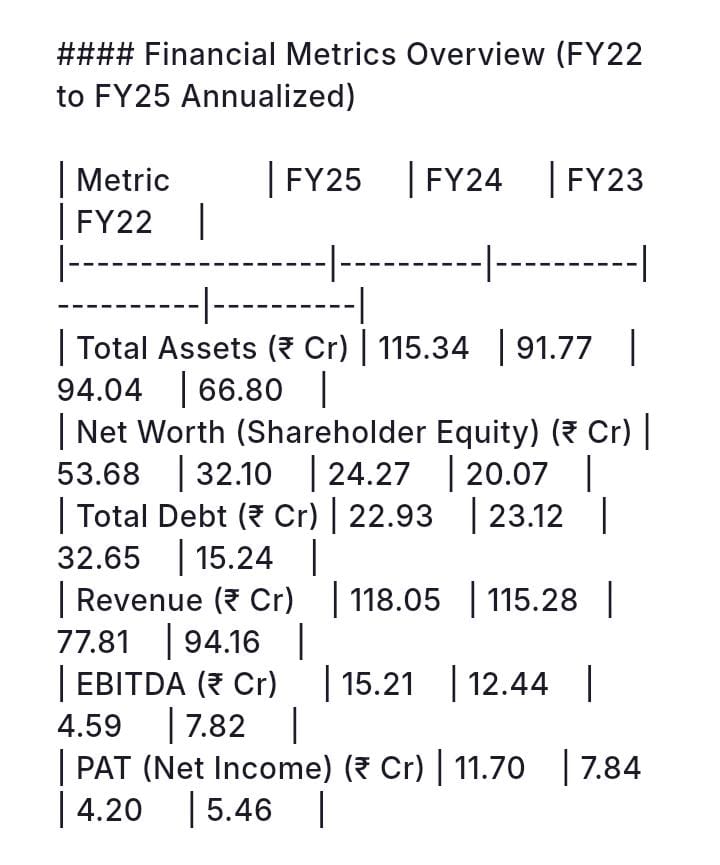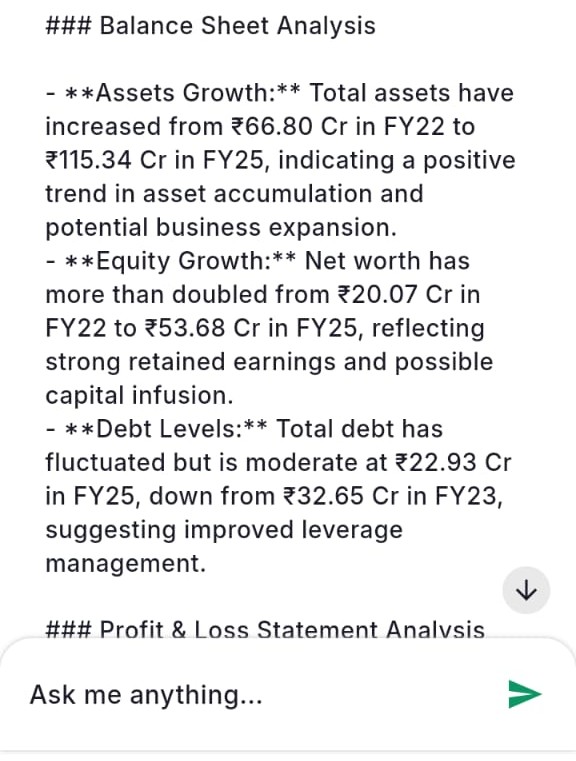The SME IPO Market in 2025?
114 Listings, 58 Loses & 6 Crashes
Let’s unpack 2025’s SME market so far…
🧵A Thread 1/10
114 Listings, 58 Loses & 6 Crashes
Let’s unpack 2025’s SME market so far…
🧵A Thread 1/10
Around 114 SME IPOs hit the market in 2025!
🟢 82 opened green
🔴 32 in red
2/10
🟢 82 opened green
🔴 32 in red
2/10
Today? Only 56 are in the GREEN.
58 have sunk into the RED.
That’s 51% bleeding red 💸.
3/10
58 have sunk into the RED.
That’s 51% bleeding red 💸.
3/10
6 IPOs CRASHED >60%.
Not a dip—a nosedive. 🪂
Meet the biggest falls:
4/10
Not a dip—a nosedive. 🪂
Meet the biggest falls:
4/10
Many SME IPOs were priced like growth rockets… but were glorified small businesses.
- No pricing power
- Debt traps post-listening
- "TAM" fantasies ≠ real demand
- No pricing power
- Debt traps post-listening
- "TAM" fantasies ≠ real demand
Retail investors chase "low-price" IPOs, while insiders exit.
The lesson?
Dig deeper than the prospectus.
Profitability > Hype. Always.
The lesson?
Dig deeper than the prospectus.
Profitability > Hype. Always.
Data Source: @ETMarkets & @screener_in
Disclaimer: This is not a BUY/SELL/HOLD recommendation. Do your own due diligence.
Disclaimer: This is not a BUY/SELL/HOLD recommendation. Do your own due diligence.
We have covered Super Iron Foundry in the past. Please check my conversation with the management:
What’s the worst IPO you’ve seen? Let’s discuss. 👇
Join our Stock Knocks Ecosystem, and share your views:
chat.whatsapp.com/Idmj9VUsw2y6cp…
Join our Stock Knocks Ecosystem, and share your views:
chat.whatsapp.com/Idmj9VUsw2y6cp…
• • •
Missing some Tweet in this thread? You can try to
force a refresh

